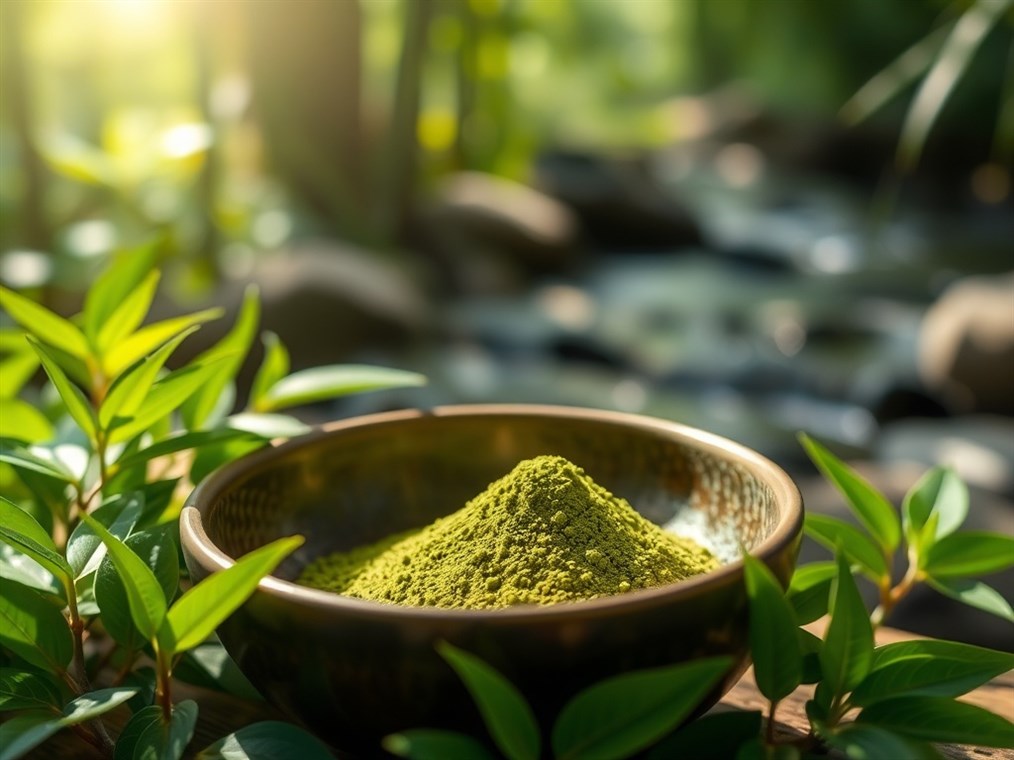Matcha for Memory: Can This Green Powder Really Boost Your Brain?
Okay, so matcha. You’ve probably seen it everywhere – that vibrant green powder popping up in lattes, smoothies, even desserts. But beyond the Instagram appeal, there’s a real buzz about its health benefits, especially when it comes to our brains. The big question is: does matcha actually help your memory? Let’s dive into what the science says, shall we?
What is it about matcha that makes it so special, anyway? Well, unlike your regular green tea bag, where you’re just steeping the leaves, with matcha, you’re consuming the whole leaf, ground into this super-fine powder. Think of it like this: you’re getting the full force of all those good-for-you compounds. And there are a lot of them!
We’re talking:
- Catechins: These are like the bodyguards of the antioxidant world, especially one called EGCG. They’re known to protect your brain cells.
- L-Theanine: This is the magic ingredient for calm focus. It’s an amino acid that helps you relax without making you sleepy.
- Caffeine: Yep, matcha has caffeine, but it’s not the same as the jolt you get from coffee. It’s more of a gentle nudge, thanks to the L-theanine.
So, how does all this translate to better memory? Buckle up, because here’s where it gets interesting.
First off, that L-theanine and caffeine combo is a total power couple. It’s like they team up to give you sustained focus and alertness without the jitters or the crash. Think of it as a mental clarity boost, which, let’s face it, is crucial for remembering things! I remember trying to study for finals fueled by coffee alone – total disaster. Matcha is a much smoother ride.
Then there are those catechins, working hard to protect your brain from damage. Imagine your brain cells as little castles, and oxidative stress as the enemy trying to tear them down. Catechins are the knights in shining armor, defending those castles and keeping everything running smoothly.
Some studies have even shown that matcha can improve brain function, especially when you’re under pressure. We’ve all been there – that feeling of your brain turning to mush when you’re stressed out. Matcha might just be the thing to help you stay sharp when you need it most.
And it’s not just about short-term benefits, either. Regular matcha consumption might actually contribute to long-term brain health. Some research suggests that people who drink green tea regularly have a lower risk of cognitive decline as they get older. That’s a pretty compelling reason to make matcha a part of your daily routine, right?
Of course, it’s not all sunshine and rainbows. Some studies are small, and we need more research to really nail down all the benefits. And let’s be real, matcha isn’t a magic bullet. It’s not going to turn you into a memory champion overnight.
Also, that caffeine can be a bit of a double-edged sword. If you’re sensitive to caffeine, you’ll want to be careful with your matcha intake. I learned that the hard way after one too many matcha lattes in the afternoon!
But here’s the cool thing: incorporating matcha into your diet is super easy. You can whisk it with hot water for a simple tea, blend it into a latte, throw it in a smoothie, or even bake with it. The possibilities are endless!
So, what’s the final verdict? While we need more research, the evidence so far suggests that matcha can be a brain-friendly beverage. With its unique combination of focus-boosting, antioxidant-rich compounds, it might just give your memory the little nudge it needs. And hey, even if it doesn’t turn you into a genius, it’s still a delicious and healthy way to add a little green to your day.

